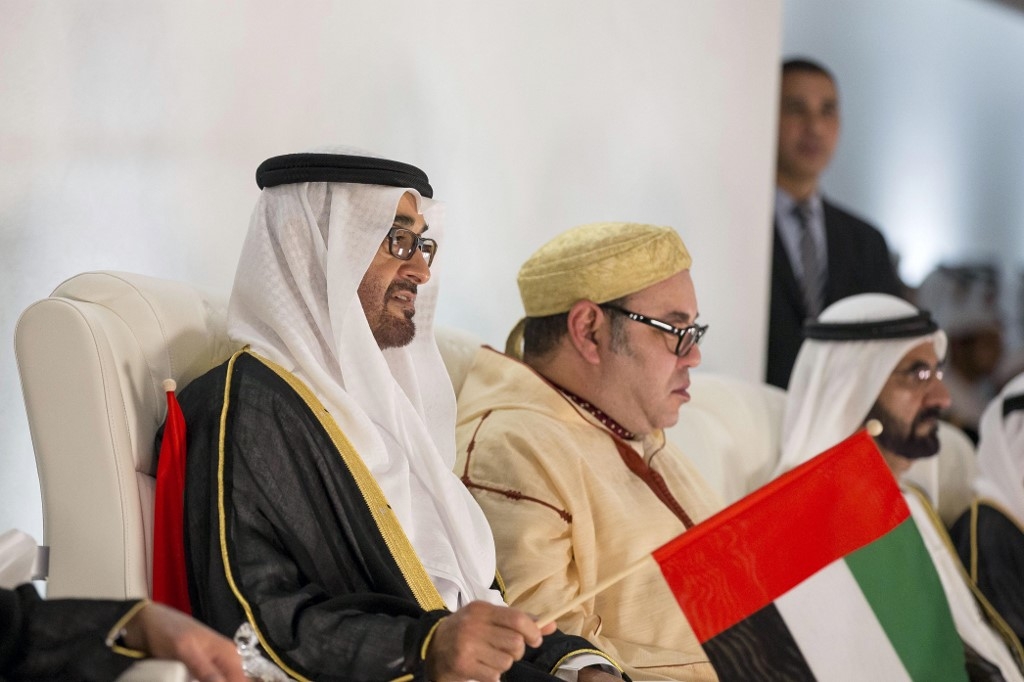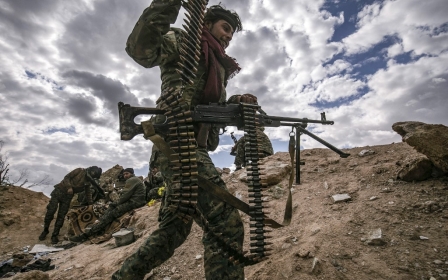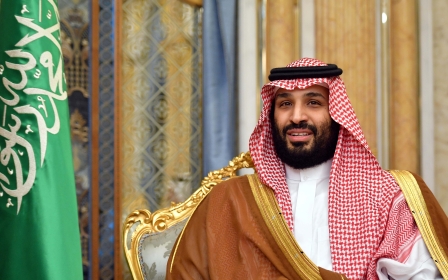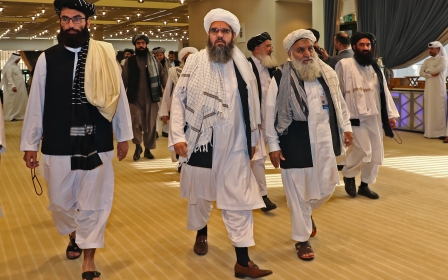Arabic press review: Morocco recalls ambassador from UAE as tensions rise

Morocco recalls ambassador from UAE amid 'unprecedented crisis'
Morocco has withdrawn its ambassador from the United Arab Emirates against a backdrop of heightened tensions between the two countries, according to local newspaper Assabah.
Diplomatic sources quoted by the paper said that Moroccan authorities recently withdrew ambassador Mohamed Ait Ali, the two consuls of the Kingdom of Morocco and the military attache of the embassy in Abu Dhabi, and ordered them to return to Rabat.
According to the newspaper, there is an unprecedented crisis between Morocco and the UAE, which has been deepened by the more than year-long absence of the UAE ambassador in Rabat.
Morocco has not officially announced the withdrawal of its ambassador from Abu Dhabi, nor has the UAE officially recognised the tension between the two countries.
New MEE newsletter: Jerusalem Dispatch
Sign up to get the latest insights and analysis on Israel-Palestine, alongside Turkey Unpacked and other MEE newsletters
Relations between the two Arab nations deteriorated after Morocco announced its position of "positive neutrality" in the crisis of the blockade on Qatar, according to the newspaper.
The diplomatic crisis comes "at a time when the Moroccan armed forces are to take part in the Impregnable Guard military manoeuvres, which Qatar is organising as part of its preparations to contribute to securing the 2022 World Cup. These manoeuvres will continue until 27 March,” the newspaper reported.
Morocco participated in the manoeuvres a few days after its Ministry of Interior announced that it had held working sessions with Qatari officials.
These sessions focused on bilateral cooperation in securing major sports events such as the World Cup, and how Doha could benefit from Morocco's security experience, according to Assabah.
Anger as Saudi stateless woman gives birth in a car
A video circulated on social media showing a stateless Saudi woman giving birth in her husband's car in front of a government hospital has sparked widespread anger online.
The video, published by Saudi activists, showed a man identifying himself as the woman’s husband. He said the Dammam Maternity and Children Hospital had refused to receive his wife because she had no national ID, hence forcing her to give birth inside their car.
The Saudi woman was from the category of people called Bidoun (without citizenship) - individuals who are deprived of citizenship and nationality even though they were born and have lived in Saudi Arabia for many years.
The man further pointed out that this was his sixth baby, and it was the very first time that the hospital had refused to receive his wife, under the pretext of setting new procedures to limit the spread of coronavirus.
Dammam Hospital responded to the circulated video by denying the man's allegations and accusing him of damaging the reputation of its medical staff.
The hospital stated that one of the attendants who was accompanying the man and his wife summoned the emergency doctor, and upon his arrival, the attendant found that the woman had already given birth to her baby.
The hospital claimed that the husband refused to admit his wife to the emergency department, and started screaming and attacking the medical staff, who "performed their duty as best as they could”.
Two people killed in clashes in Jordanian prison
Large-scale riots broke out in a Jordanian prison on Sunday, after prisoners refused to comply with new measures to contain the spread of coronavirus in their cells, according to the London-based newspaper Al-Quds Al-Arabi.
According to Jordanian sources quoted by the newspaper, administration at Bab Al-Hawa prison in Irbid, north of the kingdom, imposed measures in the wake of the coronavirus outbreak that would prevent personal interactions and gatherings, close cafeteria, isolate cells and suspend family visits.
This led to widespread anger among the detainees, leading to the breakout of riots in which two people were killed.
The sources said the prisoners refused to comply with the decisions and then started to riot, while the security services tried to keep the situation under control using tear gas and even deployed a special security force, according to Al-Quds Al-Arabi.
* Arabic press review is a digest of reports that are not independently verified as accurate by Middle East Eye.
Middle East Eye delivers independent and unrivalled coverage and analysis of the Middle East, North Africa and beyond. To learn more about republishing this content and the associated fees, please fill out this form. More about MEE can be found here.




